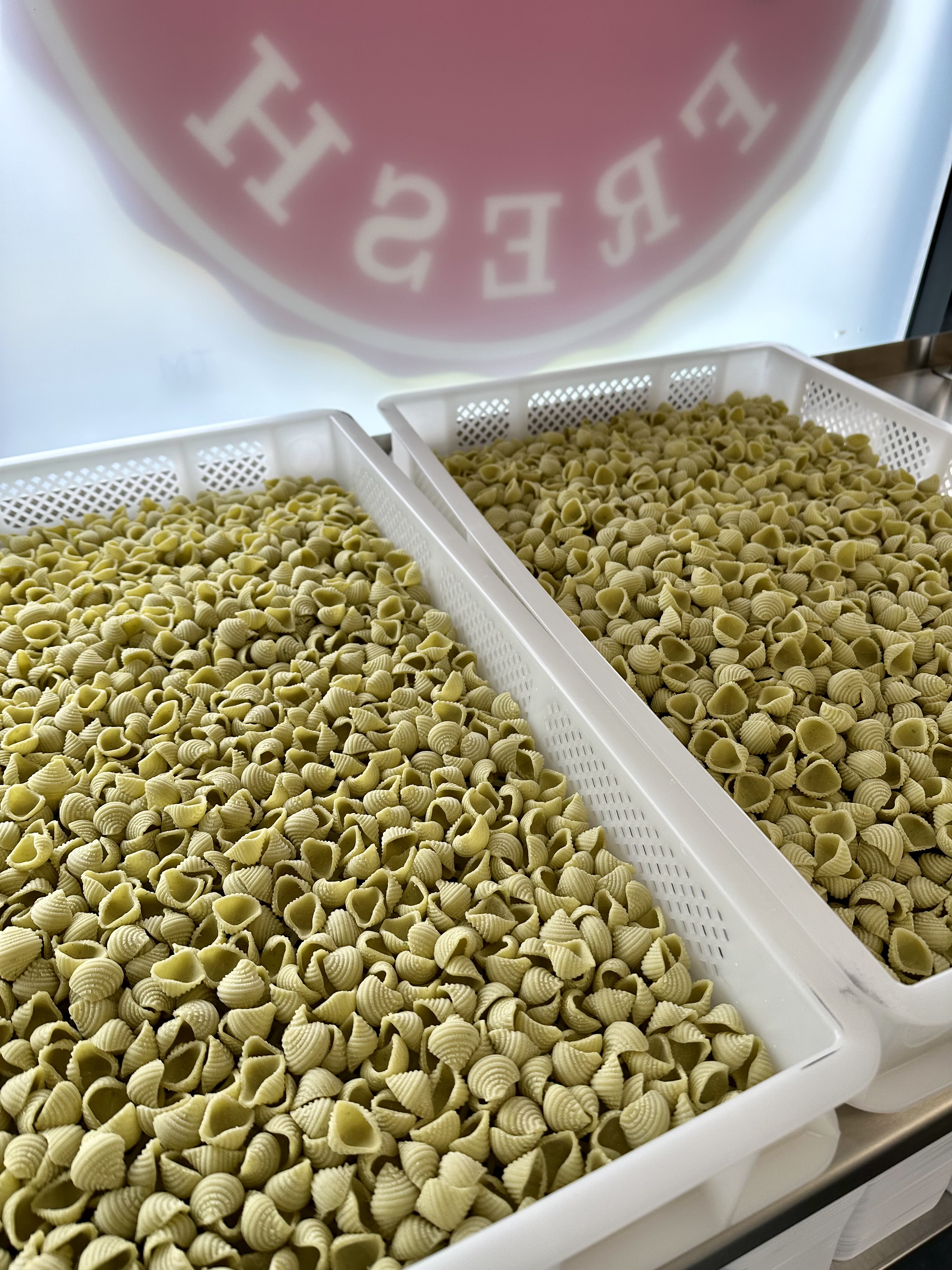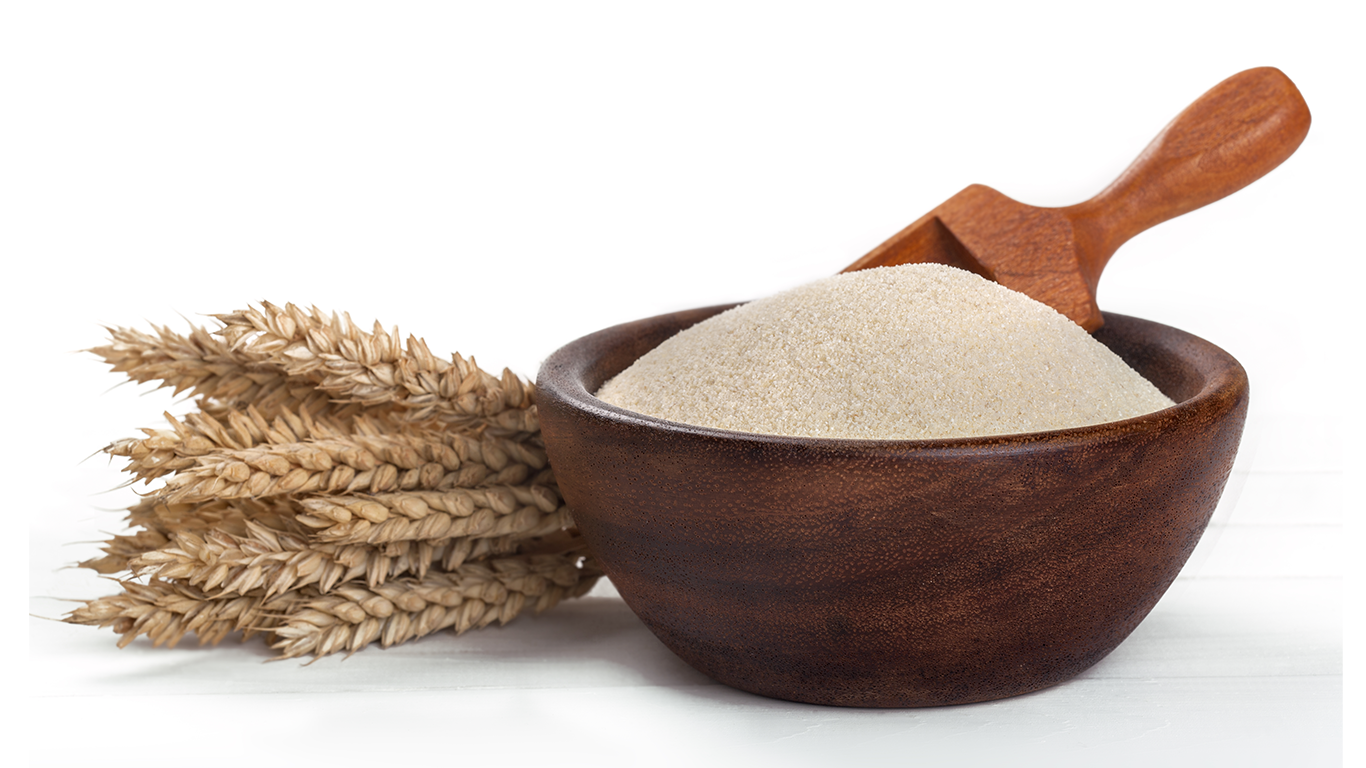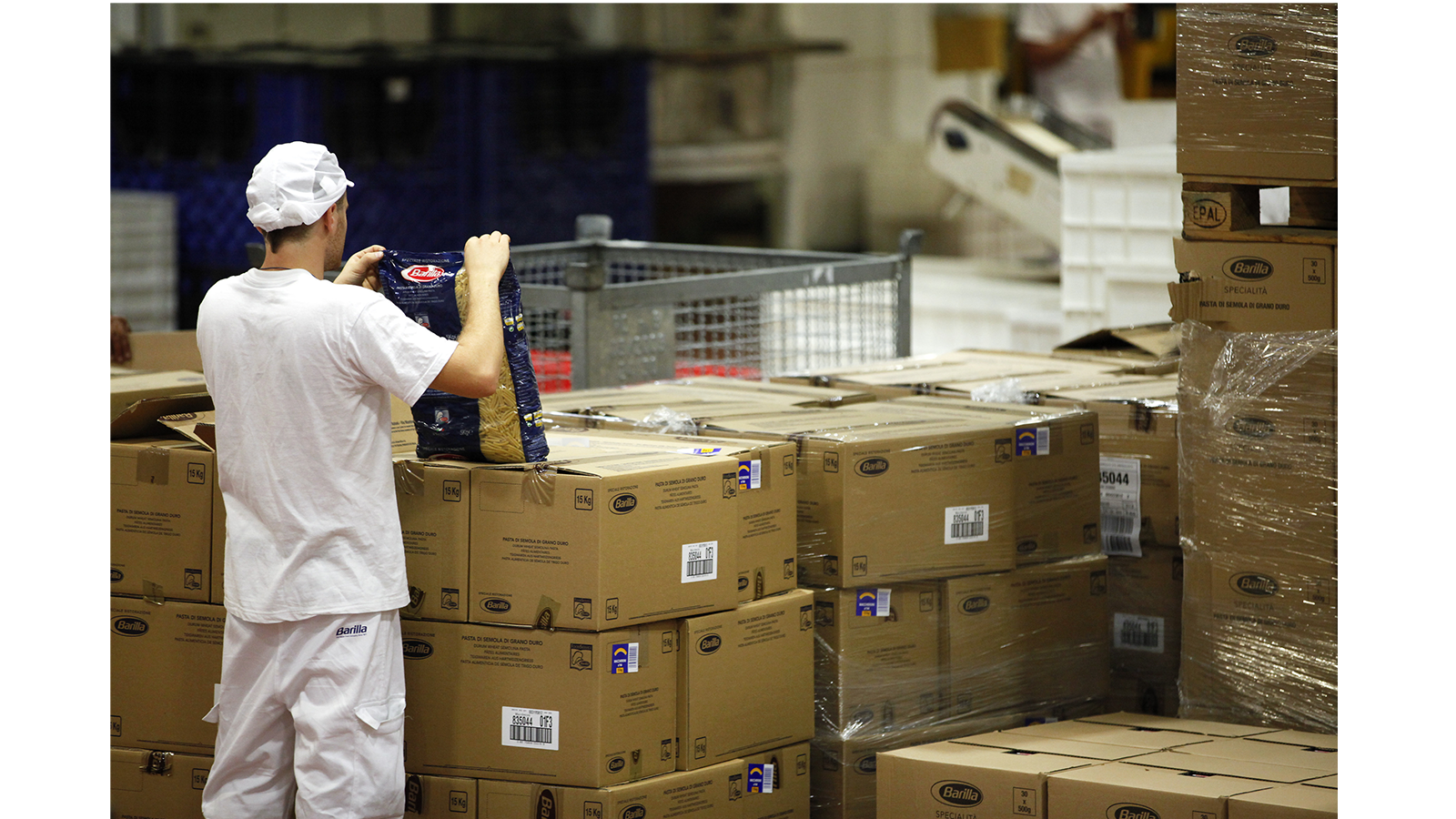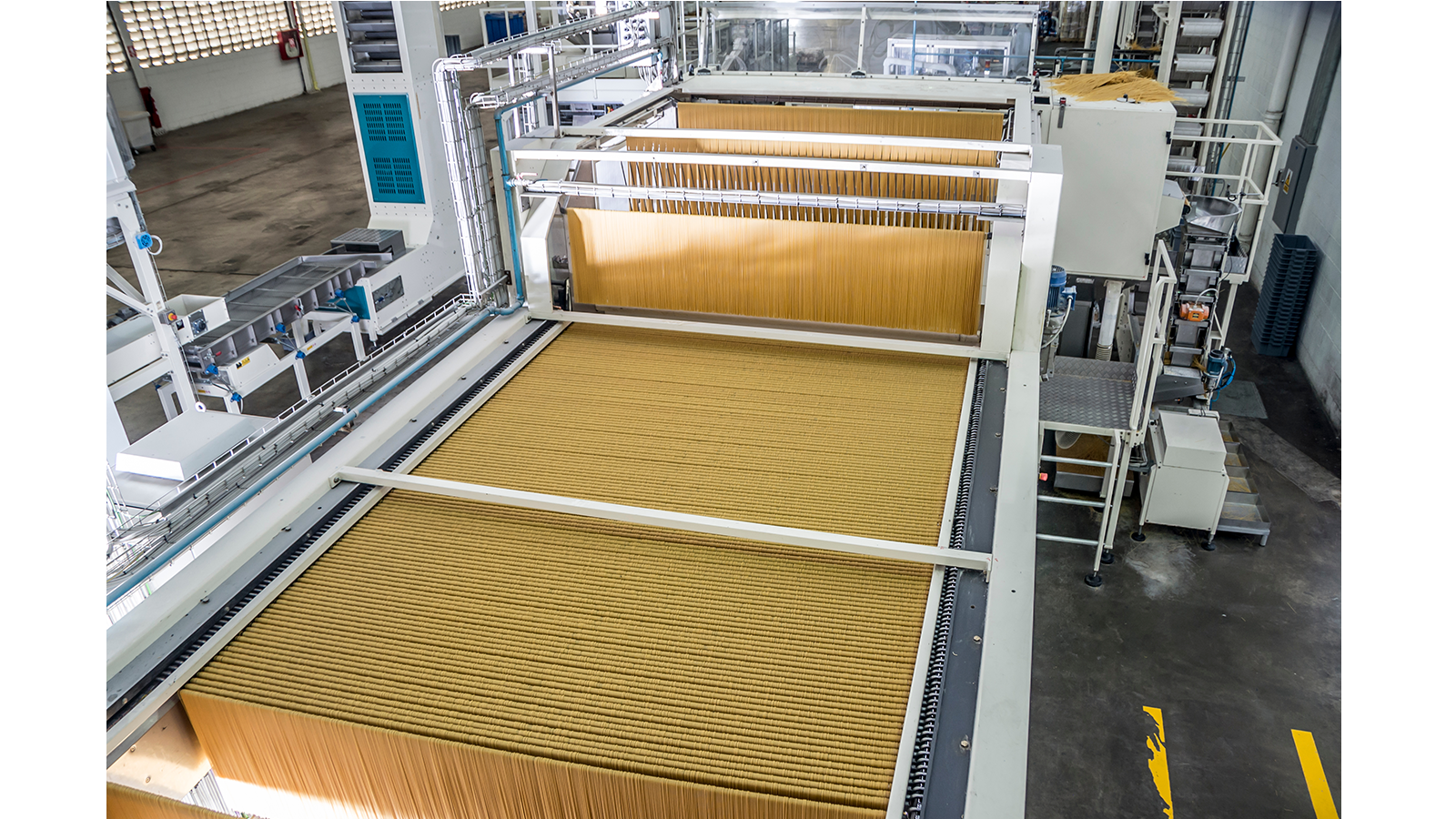Semolina Flour: The Perfect Choice for Extruded Pasta
With its unique characteristics and properties, semolina flour is commonly preferred when making extruded pasta.

When it comes to pasta, there is a world of difference between artisanally crafted and industrially produced varieties.
Artisanally crafted pasta is a labor of love, meticulously made by skilled hands using traditional methods and high-quality ingredients. Carefully rolled and shaped to perfection, resulting in a pasta that is not only visually stunning but also has a superior texture and taste.
On the other hand, industrially produced pasta is mass-produced using automated machines and often lacks the attention to detail and craftsmanship that goes into artisanal pasta. The result is a product that may be convenient and cost-effective but falls short in terms of flavor and authenticity.
Pasta Grannies, a group of Italian grandmothers who are renowned for their traditional pasta-making techniques, would never touch factory-made pastas. These wise and skilled women understand the true essence of pasta lies in the artistry and dedication that goes into its creation. They know that no machine can replicate the love and passion they put into each strand of pasta they make by hand. For them, it's not just about the convenience or cost-effectiveness; it's about preserving the authenticity and flavor that can only be achieved through artisanal craftsmanship.
So, the next time you indulge in a plate of pasta, consider opting for the artisanally crafted variety – you won't be disappointed.

With its unique characteristics and properties, semolina flour is commonly preferred when making extruded pasta.

1 min read
Some of the largest pasta producers in the world are:Barilla Group: Barilla is an Italian food company and one of the largest pasta producers...

1 min read
While industrial pasta production has advantages in terms of efficiency and mass production, some concerns and criticisms are associated with it....